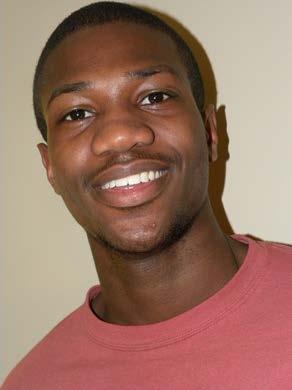
1 minute read
Three Leadership Talents
Leadership Talents Ryan Scholz 3

According to Michael Maccoby, a globally recognized expert on leadership, there are three distinct roles of a leader. Those roles are strategic, operational, and relational. It is important for the success of any organization to have leaders who can competently carry out each of these roles. The strategic role involves setting direction. The strategic role should not be limited just to leaders at the top of the organization. Every manager or supervisor should be identifying opportunities for improvement and setting goals. I find that too many lower level leaders just worry about the day to day operations and do not spend enough time charting a future course for their area of responsibility.
Strategic leadership creates a common purpose for those in the organization. When people have a clear picture of what the leader is trying to accomplish, they are much more likely to support the leader’s goals. Goal oriented leaders are strategic leaders.
The operational role involves ensuring that everything gets done so that goals are achieved. The operational leader identifies obstacles or barriers which stand in the way of goal achievement, comes up with possible solutions to overcome the obstacle, and then turns the solutions into specific action steps. We call this the goal achievement process.
Leaders who are skilled as
RuralLeaderMagazine.com 33 operational leaders are excellent at prioritization and time management. They know how to allocate resources towards the achievement of goals. Part of this is being a master of delegation.
The relational role involves connecting and bringing people together. Relational leaders have high empathy and the ability to understand and relate to others. Relational leaders build strong relationships throughout the organization. They encourage team work and collaboration and are role models for others.
Although having equal competencies in all three leadership roles is highly desirable, very few leaders possess natural talents in all three. One of the assessments that I use in my work is called the










